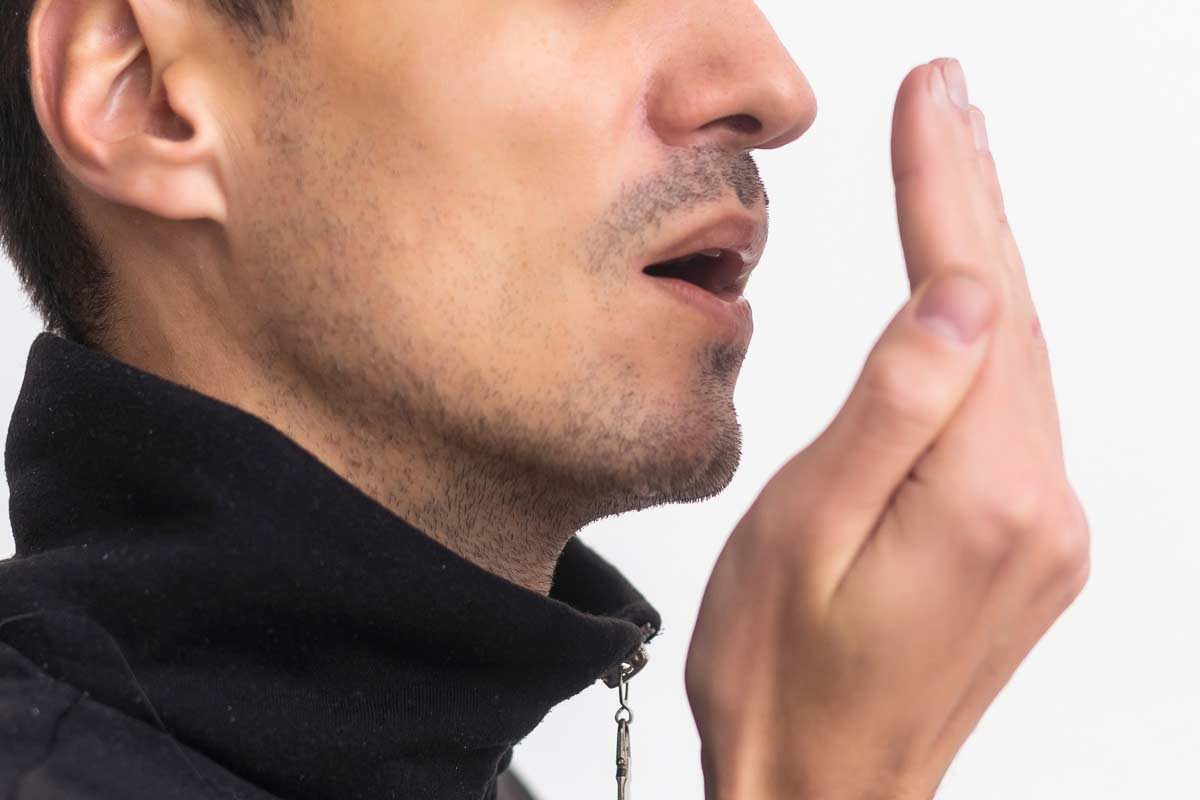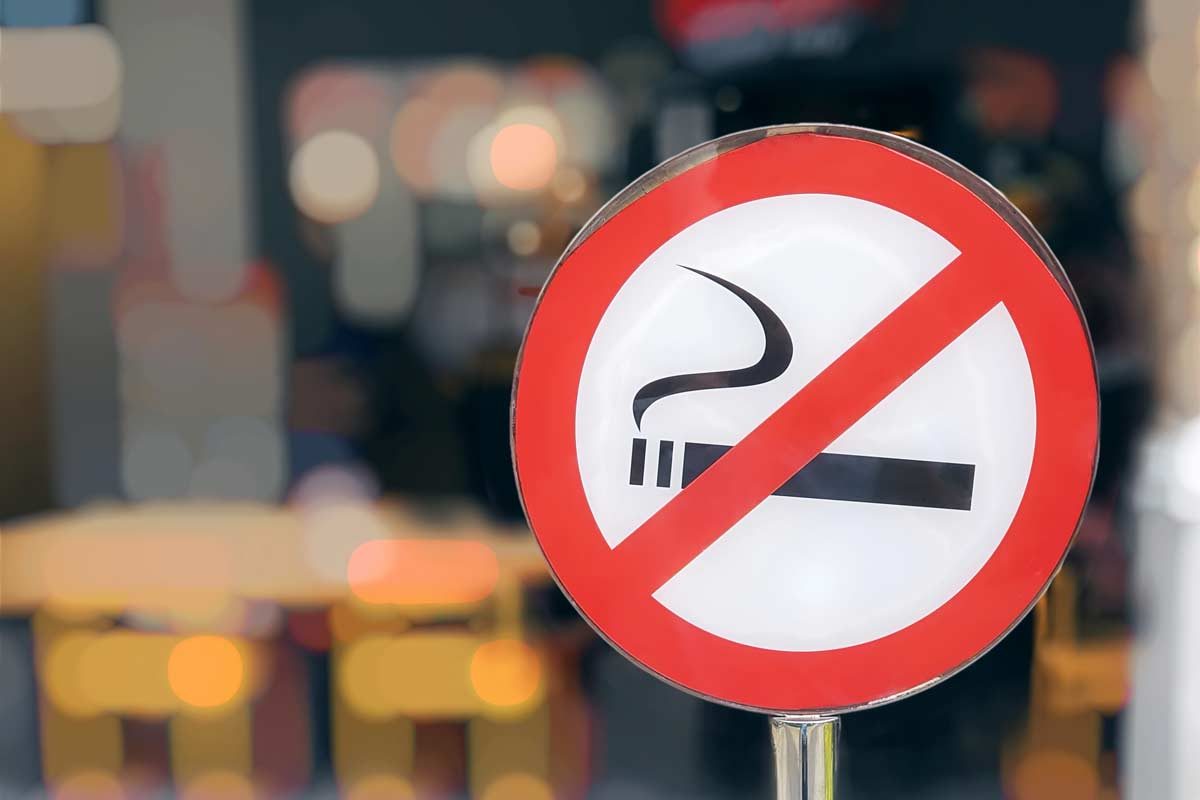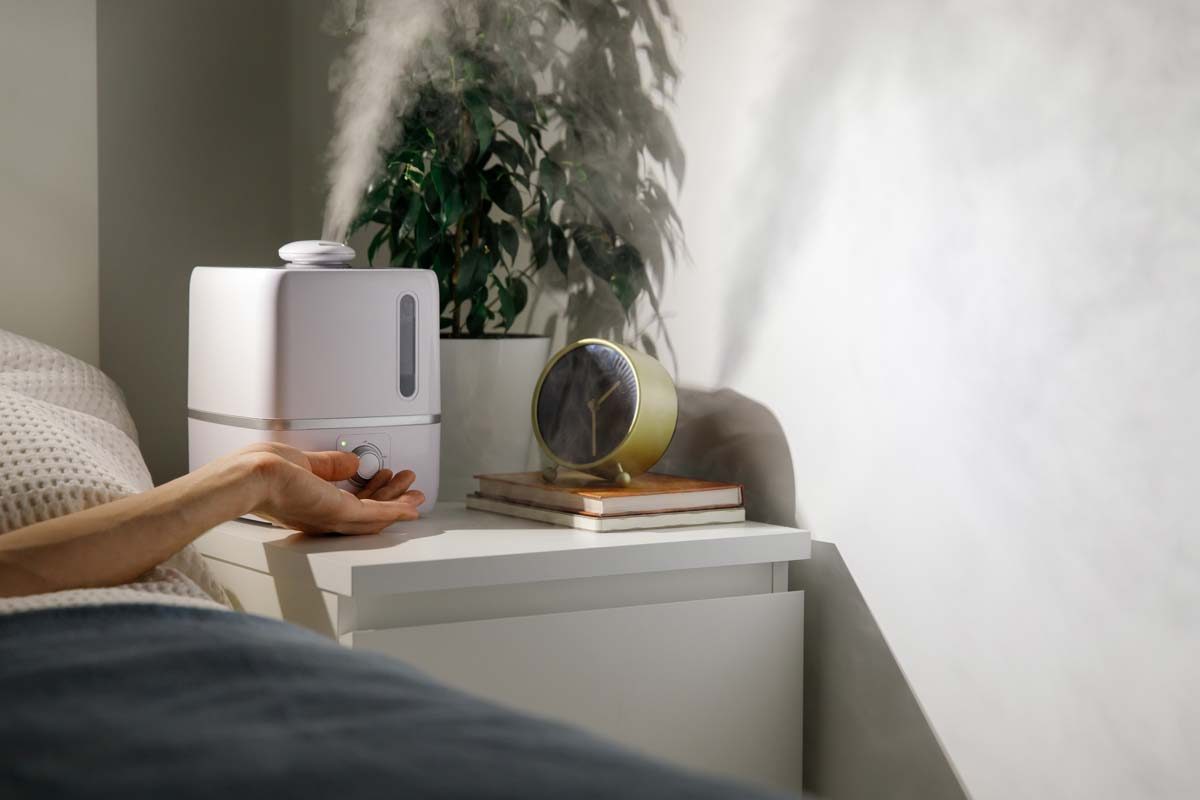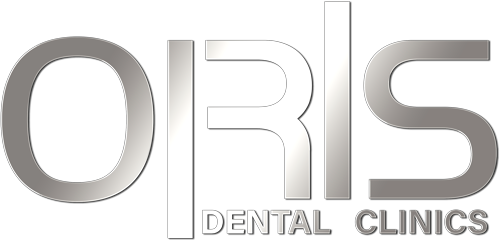Dry mouth, also known as xerostomia, is a frequent adverse effect of radiation therapy, chemotherapy, and other drugs. It can be unpleasant and make it challenging to speak and swallow. Whether your symptoms of dry mouth are transient or persistent, certain things can help.
How Important Is Salvia for the Body?
Saliva keeps your mouth and teeth healthy. It cleans your mouth, keeps it moist, and takes out food. The following issues can arise from a lack of saliva:
- Bad breath (halitosis)
- Discomfort
- Oral health issues, such as tooth decay, cavities, and other diseases of the mouth
- Difficulties with dentures
- Speech and swallowing difficulties

Why Does Dry Mouth Happen?
Causes of dry mouth include:
The Harmful Impact of Some Drugs
Many prescription and over-the-counter medications, such as obesity, acne, epilepsy, hypertension (diuretics), diarrhea, nausea, psychotic disorders, urinary incontinence, asthma (certain bronchodilators), Parkinson’s disease, and antihistamines and decongestants all have a side effect known as dry mouth. Sedatives and painkillers may also cause dry mouth as a side effect.
Consequences of Specific Illnesses and Infections
Sjögren’s syndrome, HIV/AIDS, Alzheimer’s disease, diabetes, anemia, cystic fibrosis, rheumatoid arthritis, hypertension, Parkinson’s disease, stroke, and measles are just a few of the illnesses that might cause dry mouth as a side effect.
The Side Effect of Some Medical Procedures
Damage to the salivary glands, which are the glands that make saliva, can reduce the amount of saliva made. For instance, radiation to the head and neck and chemotherapy for cancer therapies could cause damage.
Nerve Harm
An injury or surgery to the head and neck region’s nerves may cause dry mouth.
Dehydration
A dry mouth can be a symptom of conditions that induce dehydration, including fever, heavy perspiration, vomiting, diarrhea, blood loss, and burns.
Salivary Glands
The salivary glands are surgically removed.
Lifestyle
The amount of saliva you produce might be impacted by smoking or chewing tobacco, which will worsen dry mouth. Frequently opening your mouth while breathing can also be problematic.

How to Treat a Dry Mouth
Water
Try to drink at least eight glasses of water a day.
A Water Spray Bottle
Keep a spray bottle of water available, and use it to moisten your mouth as needed. The water’s duration or moisturizing benefits can be increased by adding a few drops of aloe or glycerin.
Humidifier
It can be quite beneficial to use a humidifier once or twice daily, especially at night in your sleeping space. Use either a cool or warm mist, depending on your preference. Humidifiers come in various sizes and styles, some of which have face masks and others that simply direct steam into the air close to you.
More Moisture During Mealtime
Drink water while eating in between bites. Condiments, soups, gravies, and sauces can also be helpful.
Candy, Lozenges, or Gum without Sugar
Natural saliva production can be triggered by having anything in the mouth. Flavours like mint, cinnamon, and citrus are good selections if they are not very acidic or unpleasant. Look for sugarless gum with baking soda available at many neighbourhood drugstores and contains aloe, xylitol, glycerin, or other moisturizing substances.
Mouthwashes Free of Alcohol
Alcohol might make your mouth even drier. Most mouthwash brands for children don’t include alcohol, yet many do.
Avoid Alcohol and Caffeine
Due to their diuretic properties, alcohol and caffeine can both result in extreme dryness.

The Best Dental Clinic in Richmond Hill for Dry Mouth Treatment
If you have serious symptoms, tooth decay, etc. have your mouth and teeth checked out and get medical attention straight on. Our dental clinic is located in Richmond Hill, Ontario. We are just one call away!




